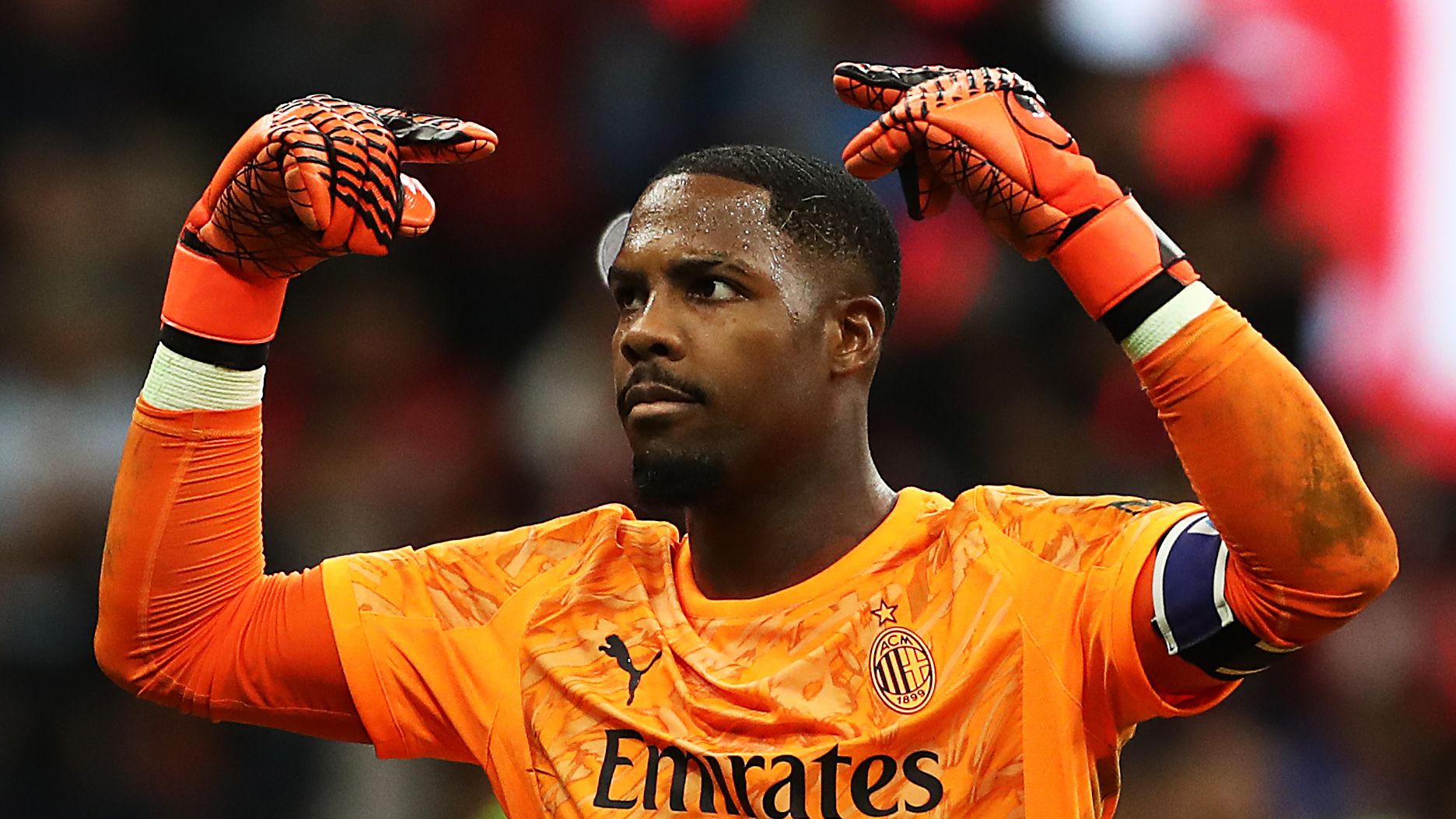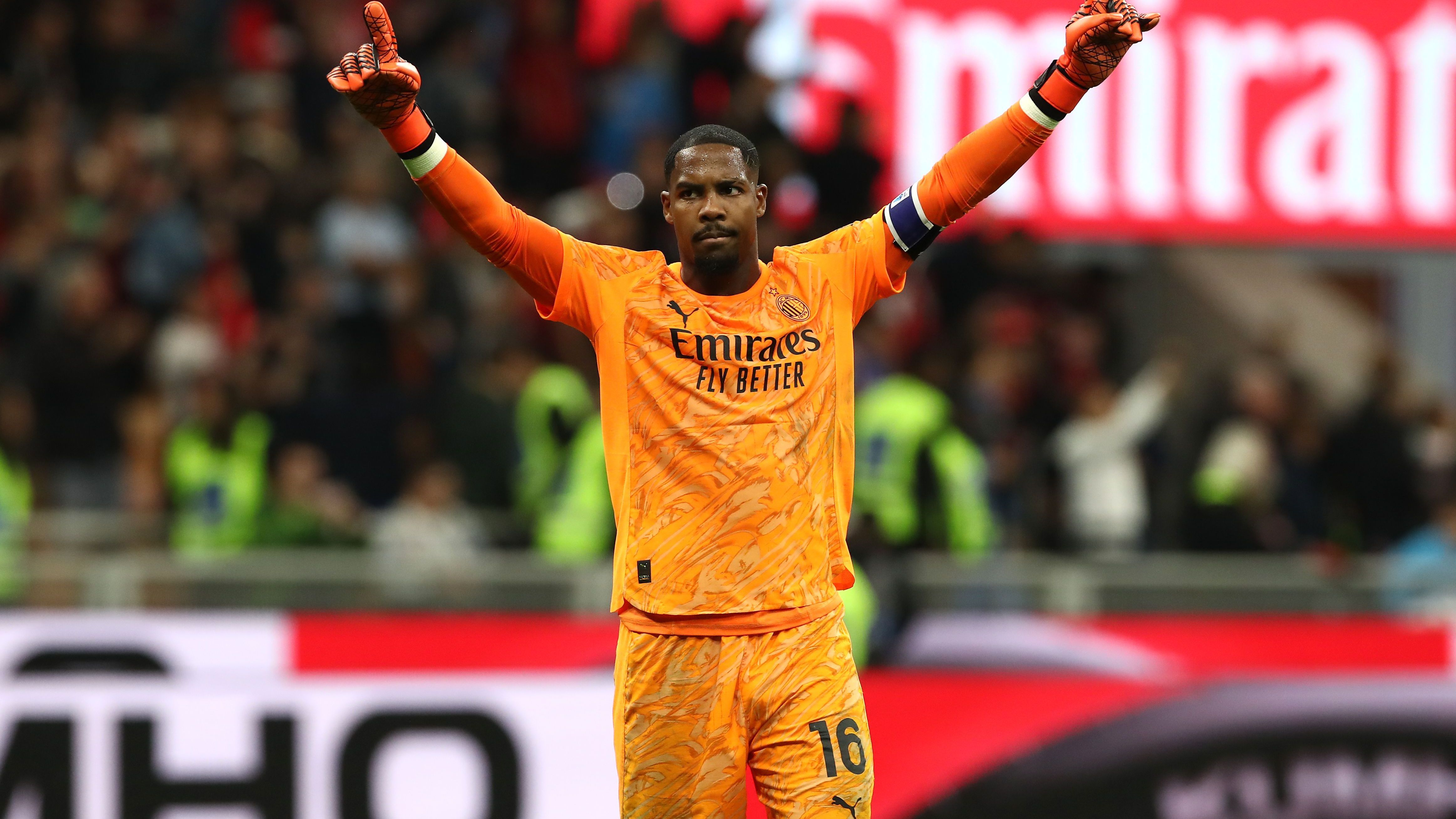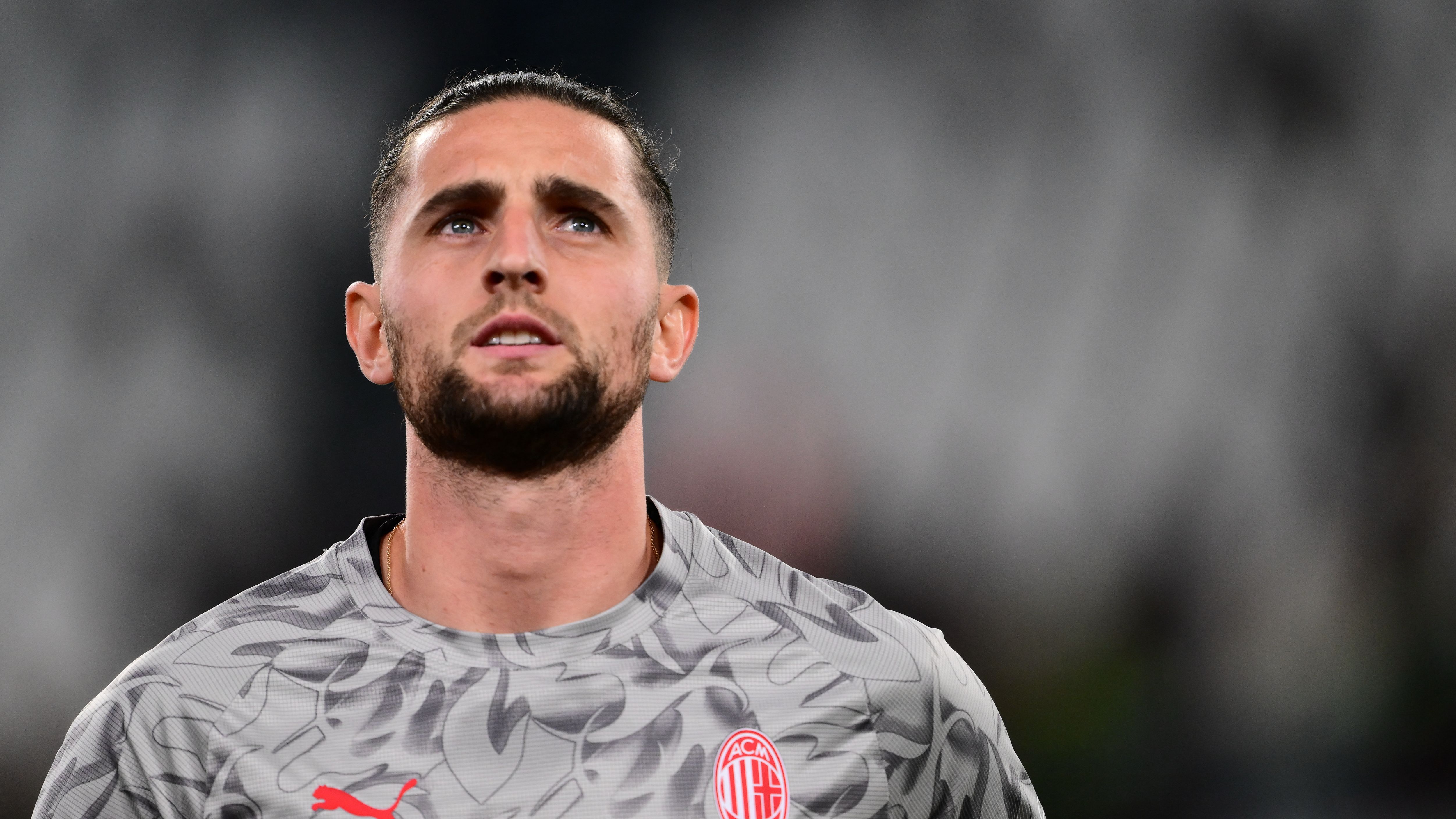


Stars Unite in Protest Over Serie A’s Overseas Venture
In a bold stand against relocating Serie A games abroad, Mike Maignan has emerged as a key voice criticizing the plan to host an AC Milan match in Australia. This growing unrest among players highlights a deeper conflict between commercial gains and the essence of competitive fairness, as top athletes question the wisdom of such decisions scheduled for February.
Maignan’s Firm Stand Against the Relocation
During a press event while representing France internationally, Mike Maignan openly challenged the idea of shifting a Serie A home game to Australia. He argued that the focus on monetary benefits overshadows the core values of the sport, positioning himself alongside fellow critics like Adrien Rabiot in this escalating dispute.
Key Points from Maignan’s Remarks
The goalkeeper didn’t hesitate to echo Rabiot’s views when discussing the fixture. “I’m in full agreement with Adrien Rabiot – it makes no sense to take our games overseas,” Maignan explained, stressing that overlooking traditional aspects in favor of finances is misguided. “This is a Serie A contest at heart, and it baffles me why we’d abandon our home turf, effectively surrendering a vital advantage when our team aims high and can’t afford missteps.”
Supporting Voices from Within the Squad
Rabiot’s Initial Outcry
Maignan’s concerns mirror those expressed earlier by his colleague Adrien Rabiot, who was stunned by the prospect of transporting a league match more than 13,700 kilometers away. Rabiot described the arrangement as utterly illogical, pointing out that it stems from efforts to enhance the league’s global reach through financial pacts.
“Hearing about an AC Milan Serie A game in Australia left me shocked – it’s simply nonsensical,” Rabiot noted. “These deals are all about expanding visibility and revenue, matters outside our control. Yet, with all the discussions on timetables and athlete well-being, it feels ridiculous to send Italian teams across the globe for a domestic showdown. We’ll adjust as needed, but it’s far from ideal.”
League Executive’s Counterargument
De Siervo’s Defense of the Move
In response to the athletes’ objections, Lega Serie A CEO Luigi De Siervo sharply addressed Rabiot’s comments, urging a more appreciative stance from high-earning players. De Siervo emphasized that professionals are compensated for their roles in the game and should support initiatives like this one, which AC Milan endorsed.
“Players like Rabiot, who benefit from substantial earnings, sometimes overlook that their job is to compete on the field,” De Siervo remarked. “They ought to show gratitude for their pay and be more flexible with their club’s choices, even if the logistics involve lengthy flights in premium comfort – a routine for elite teams. High-profile athletes, given their rewards, should recognize that occasional compromises are part of the deal.”
The Economic Rationale and Its Implications
Financial Incentives Fueling the Controversy
The choice to hold the game in Perth stems largely from a lucrative deal estimated at €12 million, with most funds directed to AC Milan to offset revenue losses from their usual venue, San Siro. Although not fully confirmed, the plan advanced significantly after UEFA’s nod on October 6, pending approvals from FIFA and the Australian Football Association. This strategy seeks to elevate Serie A‘s worldwide presence, yet it has sparked intense debate due to opposition from leading players, raising questions about the long-term effects on the league’s traditions and player welfare.
The Backstory of AC Milan vs. Como Match in Australia
The planned AC Milan vs. Como match in Australia has stirred up significant controversy in the football world, with players like Mike Maignan stepping forward to voice their concerns alongside Adrien Rabiot and Cesc Fàbregas. This fixture, scheduled as part of a preseason tour, highlights ongoing debates about the toll of international travel on athletes. Mike Maignan, AC Milan’s star goalkeeper, has echoed sentiments from Rabiot and Fàbregas, pointing to issues like jet lag, physical exhaustion, and the potential risks to player health. For fans and followers of European football, understanding these criticisms is key to appreciating the broader implications for teams like AC Milan and the sport as a whole.
Key Players Involved and Their Statements
Mike Maignan, a pivotal figure for AC Milan, has publicly criticized the plans for the match in Australia, joining forces with Adrien Rabiot, who has a history of speaking out on player welfare, and Cesc Fàbregas, now involved with Como as a coach. Maignan’s comments focus on the grueling travel schedule that could disrupt training routines and increase injury risks, especially for goalkeepers who rely on peak physical condition. Rabiot, known for his time at Juventus and now with Marseille, has highlighted how such trips can affect family life and mental health, while Fàbregas brings his experience from a decorated playing career to emphasize the need for better scheduling in global football events.
This trio’s unified stance underscores a growing movement among football players to prioritize well-being over commercial ventures. According to reports, Maignan stated that the trip could “compromise our performance in the upcoming season,” a sentiment Rabiot and Fàbregas have reinforced in their own interviews. Keywords like “AC Milan vs. Como in Australia” and “player criticism” are central to these discussions, as they reflect the intersection of sports business and athlete rights.
Reasons Behind the Criticism
At the heart of the criticism from Mike Maignan, Adrien Rabiot, and Cesc Fàbregas are several core issues related to the AC Milan vs. Como match in Australia. Long-haul flights from Europe to Australia can lead to severe jet lag, which disrupts sleep patterns and reduces recovery time for players already pushing their bodies to the limit. Maignan has specifically mentioned the challenges for goalkeepers, who need sharp reflexes and focus, making such travel particularly detrimental.
Additionally, the commercial aspect of these matches-often driven by tourism and sponsorship deals-raises questions about whether player health is being overlooked. Rabiot and Fàbregas have pointed out that while tours like this boost global interest in football, they can lead to burnout and higher injury rates. For instance, players might face up to 24 hours of travel, which could exacerbate existing conditions or lead to new ones, as seen in past cases where teams played friendly matches far from home.
Benefits and Practical Tips for Managing Player Welfare in Football Tours
While the criticisms from Mike Maignan and his peers highlight risks, there are potential benefits to international matches like AC Milan vs. Como in Australia, such as expanding the sport’s reach and fostering fan engagement in new markets. However, to mitigate the downsides, teams can adopt practical strategies. For example, implementing acclimatization periods with adjusted training schedules can help players like Maignan combat jet lag effectively. Nutritionists might recommend hydration-focused meal plans and sleep aids to ease transitions across time zones.
Practical tips for clubs organizing similar events include scheduling flights during optimal times to minimize disruption and incorporating rest days into itineraries. Players could benefit from wearable tech that monitors vital signs, allowing coaches to make data-driven decisions. For fans, this means staying informed about how teams handle tours, perhaps by following updates on “AC Milan player welfare” or “global football scheduling,” to appreciate the efforts being made.
Tips for Individual Players
On a personal level, athletes like Mike Maignan can use techniques such as light exposure therapy to reset their internal clocks or mindfulness practices to manage stress. Rabiot and Fàbregas might advise younger players to prioritize sleep hygiene and avoid social media distractions during travel, ensuring they’re in top form for matches.
Case Studies of Similar Football Controversies
Looking at past events provides valuable insights into the AC Milan vs. Como situation. For instance, when Manchester United scheduled a tour to Asia a few years ago, players reported similar fatigue issues, leading to a dip in performance during the domestic season. In that case, the club adjusted future plans based on feedback, much like what Maignan and others are advocating now. Another example is the 2022 World Cup in Qatar, where the compressed schedule drew criticism from players worldwide, including Rabiot, for its impact on rest and recovery.
These case studies show that when players like Mike Maignan voice concerns, it often leads to positive changes in football governance. In the AC Milan vs. Como scenario, this could result in more regulated international fixtures, emphasizing safety and performance.
Lessons from Previous Tours
From these examples, one key lesson is the importance of player input in planning. Clubs that ignored feedback, like in some Premier League tours, faced backlash and poor results, whereas those that listened saw improved team morale and success.
First-Hand Experiences from the Football Community
Drawing from first-hand accounts, many players share stories of how tours like the proposed AC Milan vs. Como match in Australia affected them. A former AC Milan player once described the exhaustion of playing in Australia as “feeling like you’re in a different world,” highlighting the disorientation that Maignan might be experiencing. Fàbregas, with his extensive career, has shared in podcasts how early tours shaped his views on work-life balance in football, adding a personal touch to the debate.
These experiences underscore the human element in professional sports, reminding us that behind the glamour of matches like AC Milan vs. Como in Australia are real people dealing with real challenges. By incorporating keywords such as “Mike Maignan criticism” and “Adrien Rabiot on player welfare” naturally, this article aims to provide readers with a well-rounded perspective that enhances their understanding of the topic.









